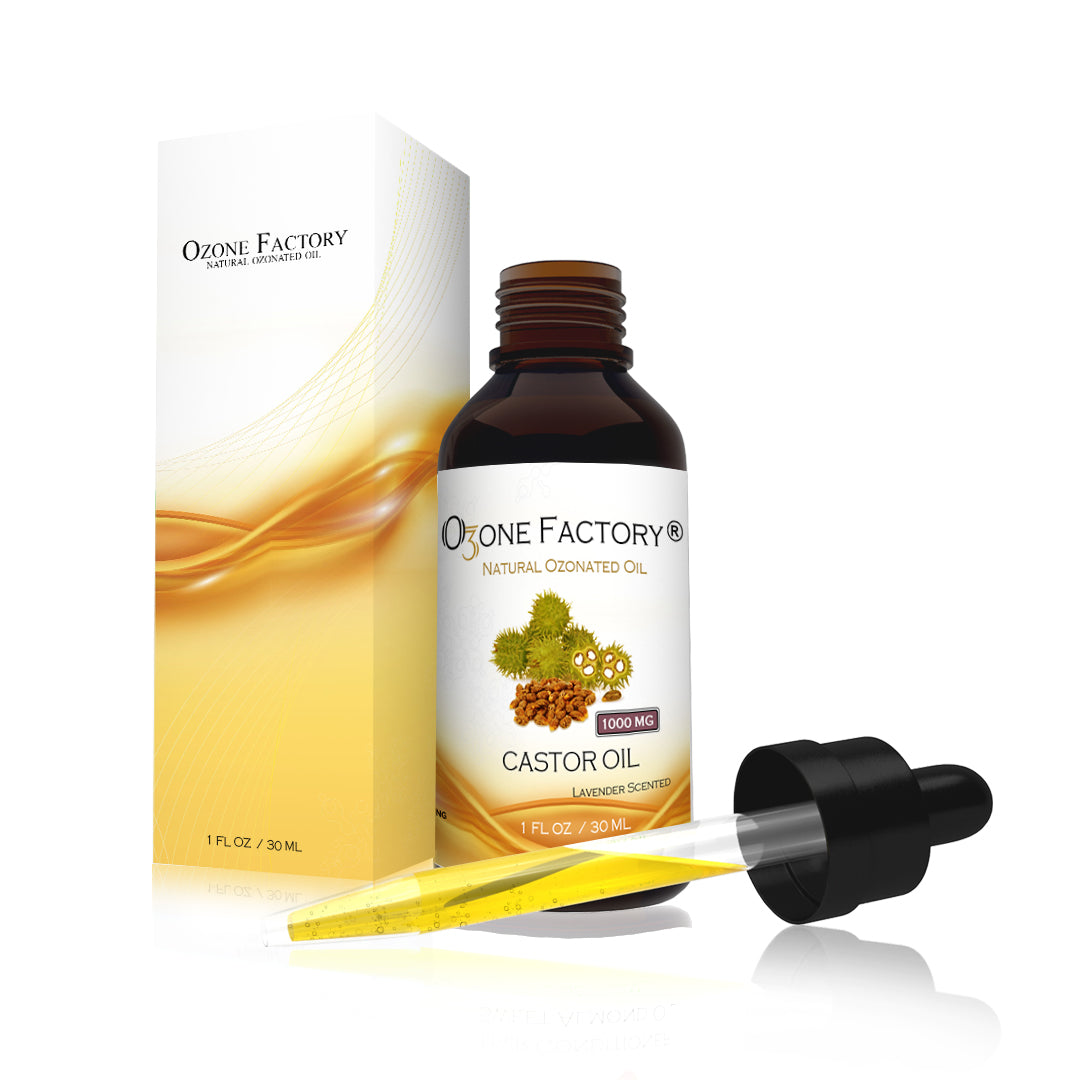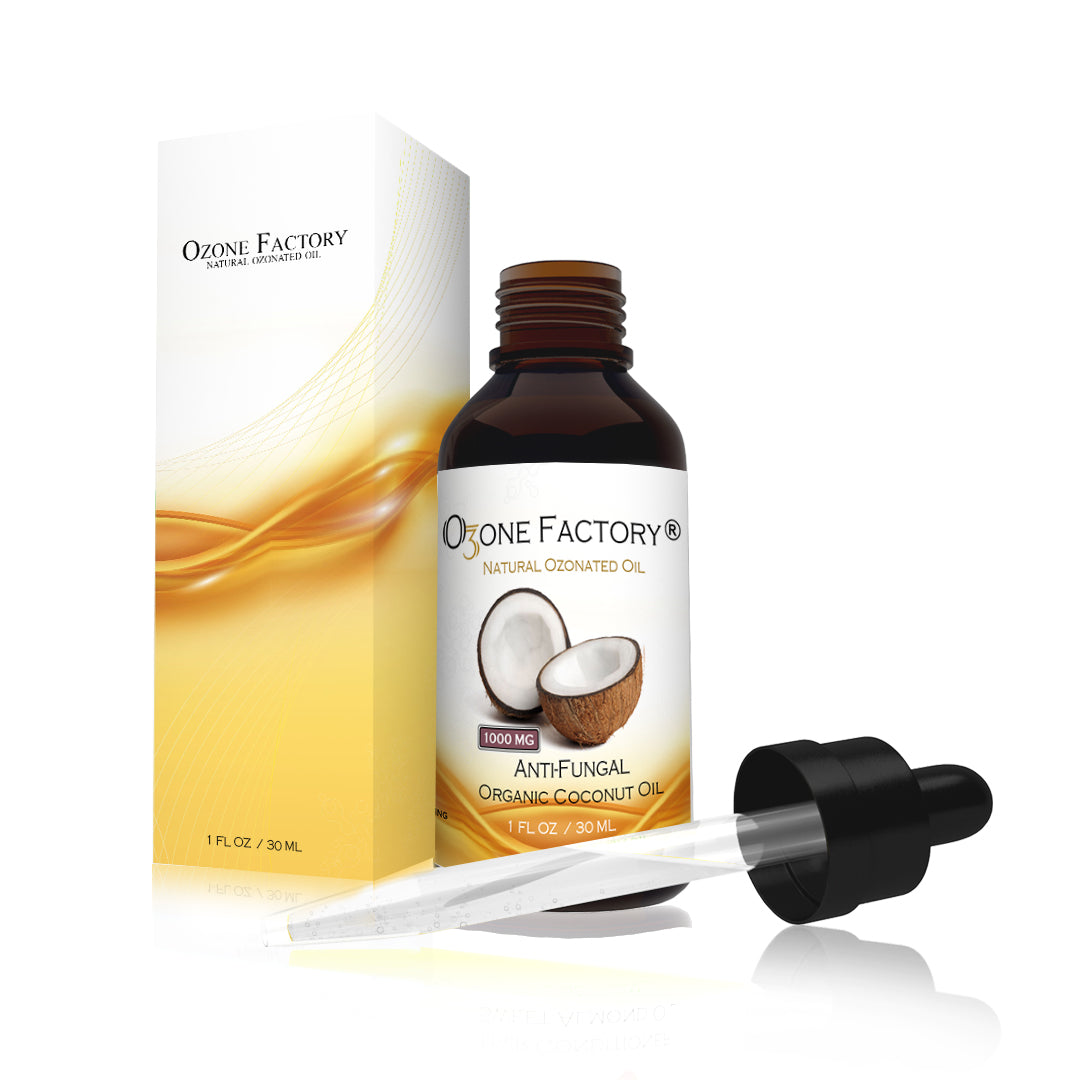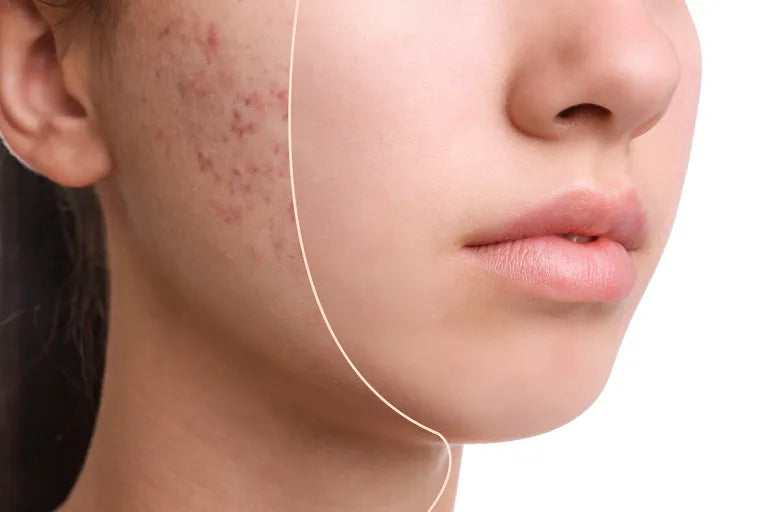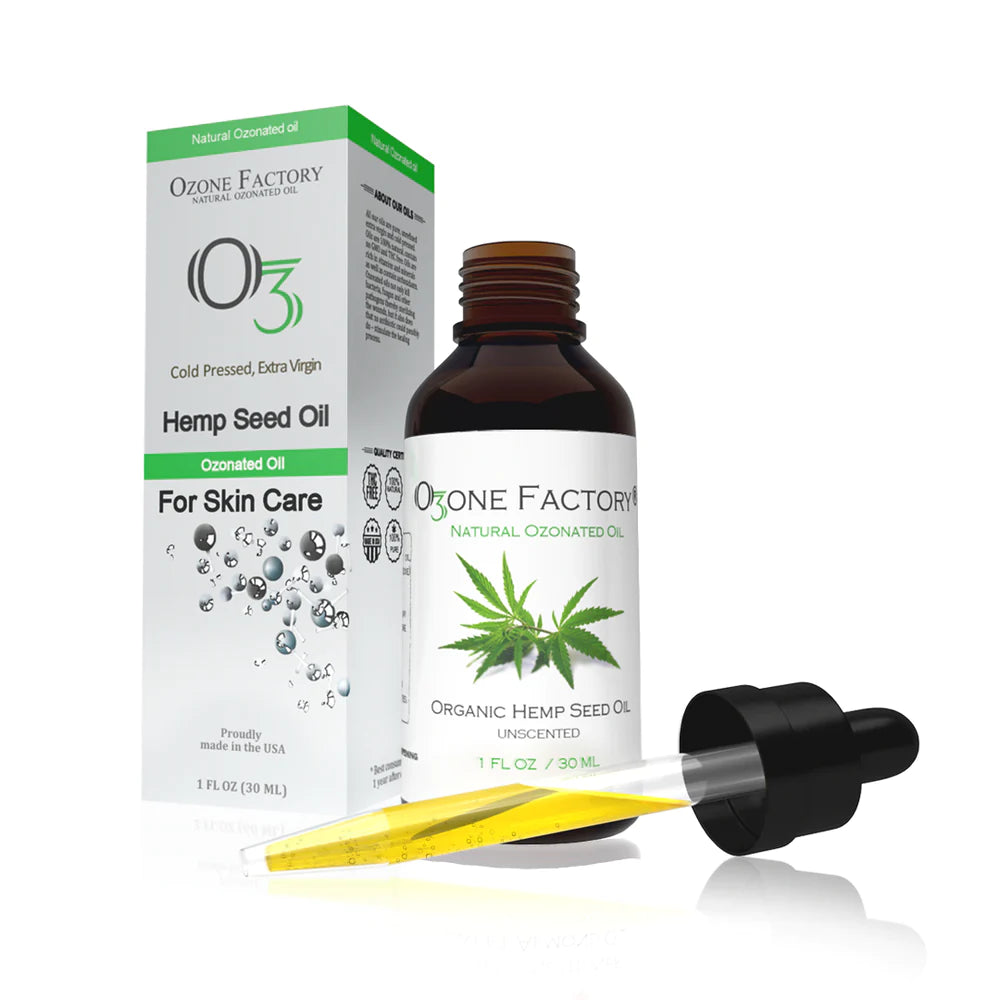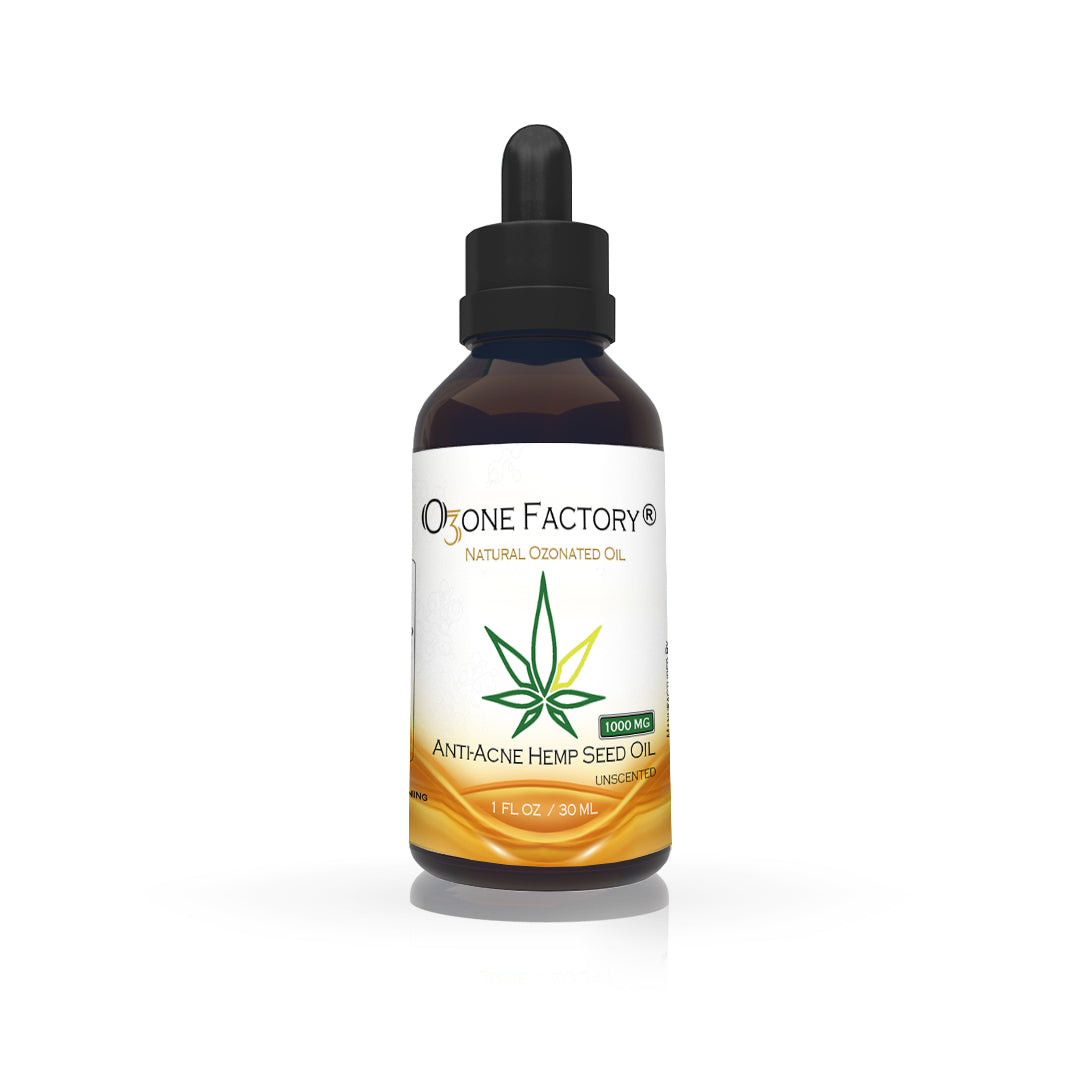
Pressure ulcers, commonly known as bedsores, are a significant concern for individuals with limited mobility, especially those who are bedridden or wheelchair-bound. These painful wounds develop when prolonged pressure on the skin restricts blood flow to specific areas of the body, leading to tissue damage. In severe cases, pressure ulcers can become infected, causing further complications and significantly impacting the quality of life. While prevention is paramount, effective treatment options are crucial for those already afflicted. Among the array of remedies, ozonated oils stand out as a promising natural solution.
Causes
Pressure ulcers often occur in areas where bones are close to the skin, such as the heels, hips, tailbone, and elbows. The primary causes include:
- Prolonged Pressure: Remaining in one position for an extended period without shifting can lead to pressure ulcers. This pressure disrupts blood flow to the affected area, depriving tissues of oxygen and nutrients.
- Friction and Shear: Friction occurs when the skin rubs against another surface, while shear happens when the skin moves in one direction while the underlying bone moves in the opposite direction. Both can damage the skin and contribute to pressure ulcer development.
- Moisture: Excessive moisture from sweat, urine, or feces can weaken the skin and make it more susceptible to damage, especially in individuals who are unable to control their bodily functions.

Combatting Infection
One of the primary challenges in managing pressure ulcers is preventing infection, which can exacerbate tissue damage and delay healing. Ozonated oils excel in this regard due to their powerful antimicrobial properties. Ozone has been shown to effectively kill bacteria, fungi, and viruses, making ozonated oils invaluable in preventing and treating infections associated with pressure ulcers.
Promoting Healing
In addition to fighting infection, ozonated oils promote healing by enhancing oxygenation and circulation to the affected area. Oxygen plays a crucial role in cellular metabolism and tissue repair, and ozonated oils deliver oxygen directly to the wound site, stimulating healing processes. Moreover, ozone activates antioxidant enzymes, reduces inflammation, and promotes collagen synthesis, further accelerating tissue regeneration.
Application and Safety
Ozonated oils are typically applied topically to the affected area. The oil should be gently massaged into the skin, ensuring thorough coverage of the wound. It is essential to follow proper wound care protocols, including cleaning the area before application. While ozonated oils are generally safe for topical use, individuals with allergies to ozone or the carrier oil should exercise caution. As with any treatment, consulting a healthcare professional is advisable, especially for individuals with underlying health conditions or compromised immune systems.

Complementary Therapy
While ozonated oils show promise as a standalone treatment for pressure ulcers, they can also complement conventional therapies. Integrating ozonated oil therapy with standard wound care protocols, such as regular cleaning, debridement, and dressing changes, can enhance outcomes and expedite healing. Moreover, combining ozonated oils with other natural remedies, such as aloe vera or honey, may provide synergistic benefits.
Conclusion
Pressure ulcers pose significant challenges for both patients and caregivers, but ozonated oils offer a natural and effective solution. With their potent antimicrobial properties, ability to promote tissue regeneration, and complementary role in wound care, ozonated oils have emerged as a promising treatment option for pressure ulcers. As research continues to unveil their therapeutic potential, ozonated oils stand poised to revolutionize the management of this debilitating condition, providing relief and healing to those in need

